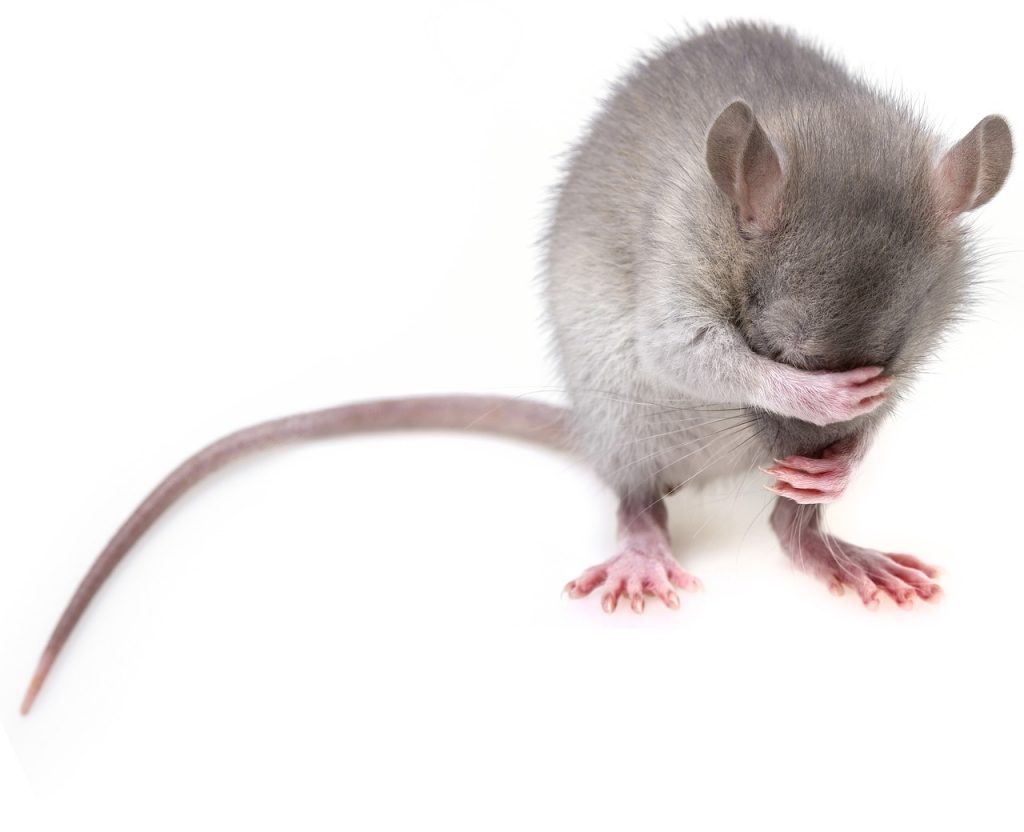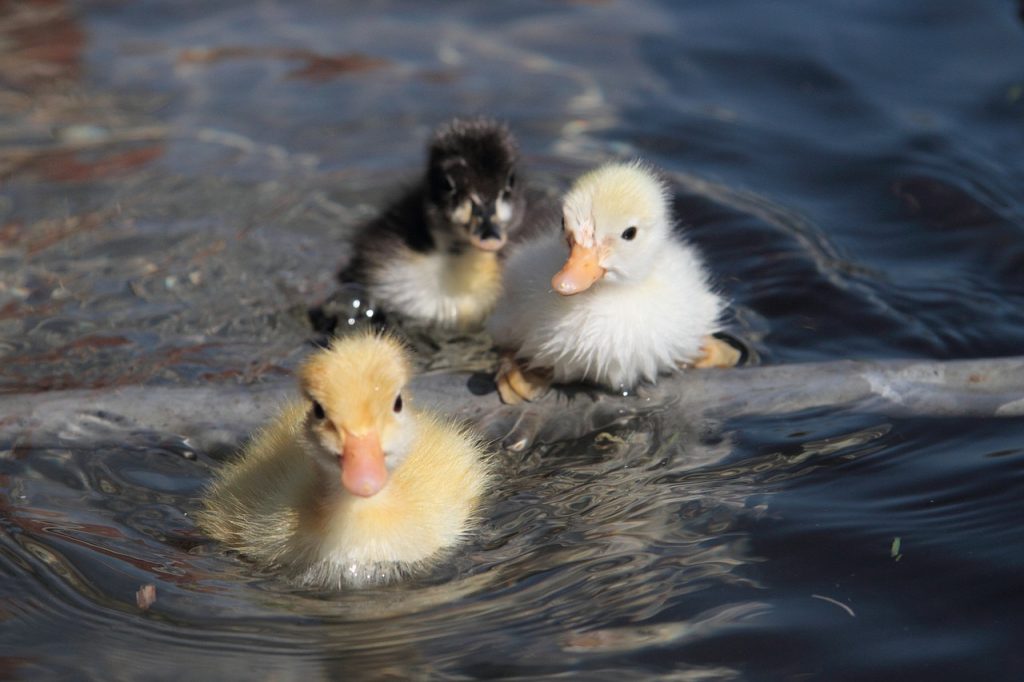
“Funder-Created Obstacles make up 46% of the roadblock dataset and include specific obstacles such as a Delay of Disbursement, a Change in Funder Strategy, and Funder Policy Inflexibility. With only a few exceptions, Funder-Created Obstacles are the most frequent roadblocks across all sectors, funder types, project types, geographic focus, and organization size. Thus, funders are frequently – if unintentionally – contributing to disruptions to project implementation and, in doing so, threatening the impact of their own investments.” [Bolded-line emphasis mine]
I know we are all thinking the same thing: Where is Septa Unella, the severe nun from Game of Thrones, when we need her? This is the perfect time for her to walk around ringing a bell and chanting “Shame! Shame!” every three or four steps.Continue reading →





